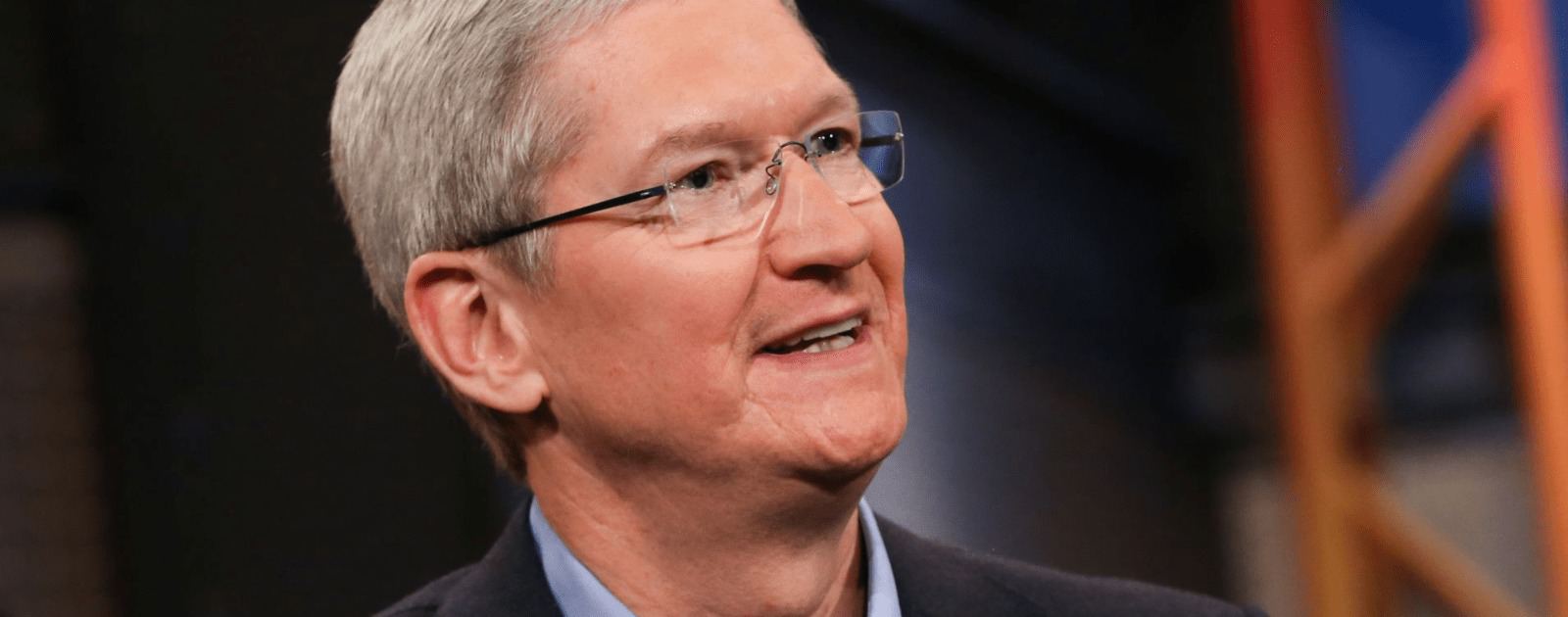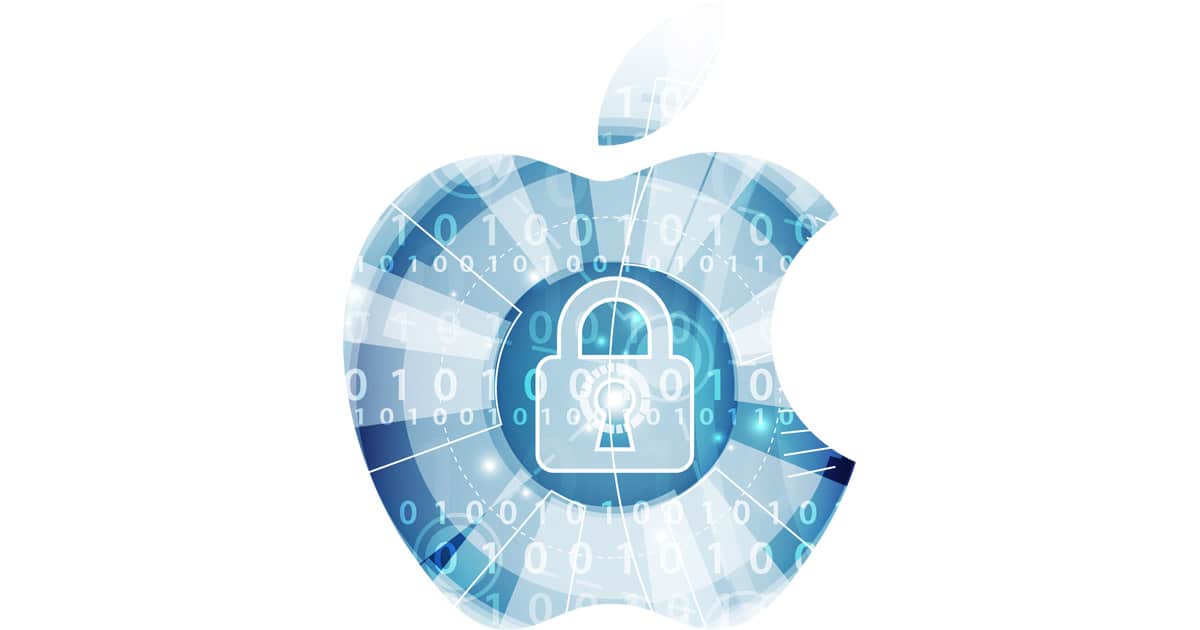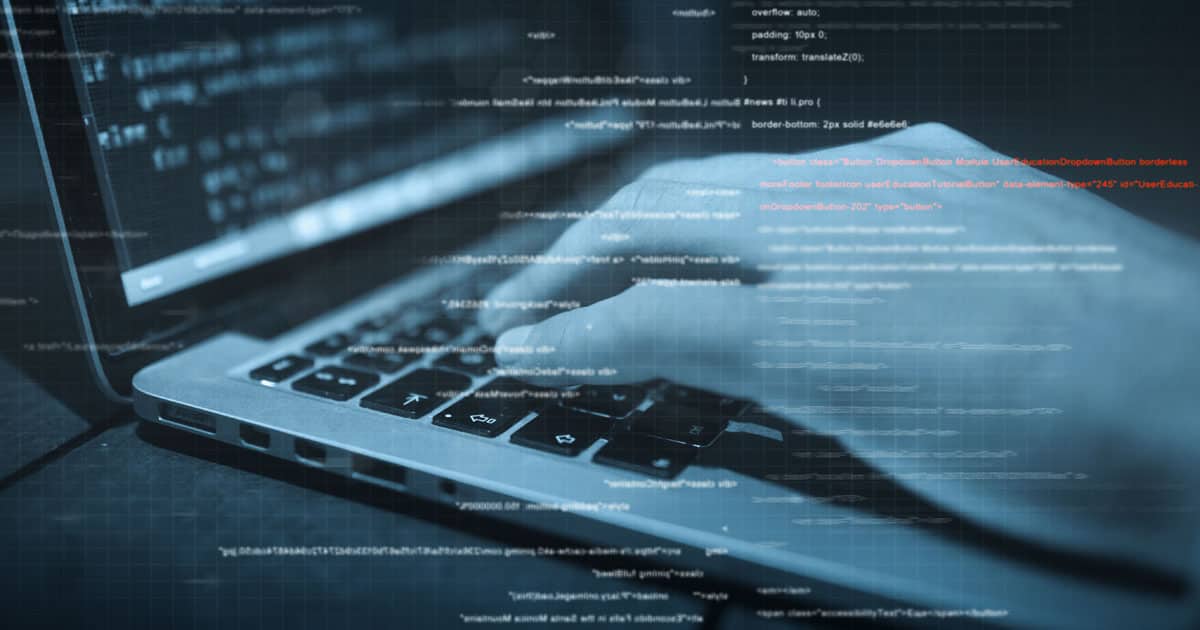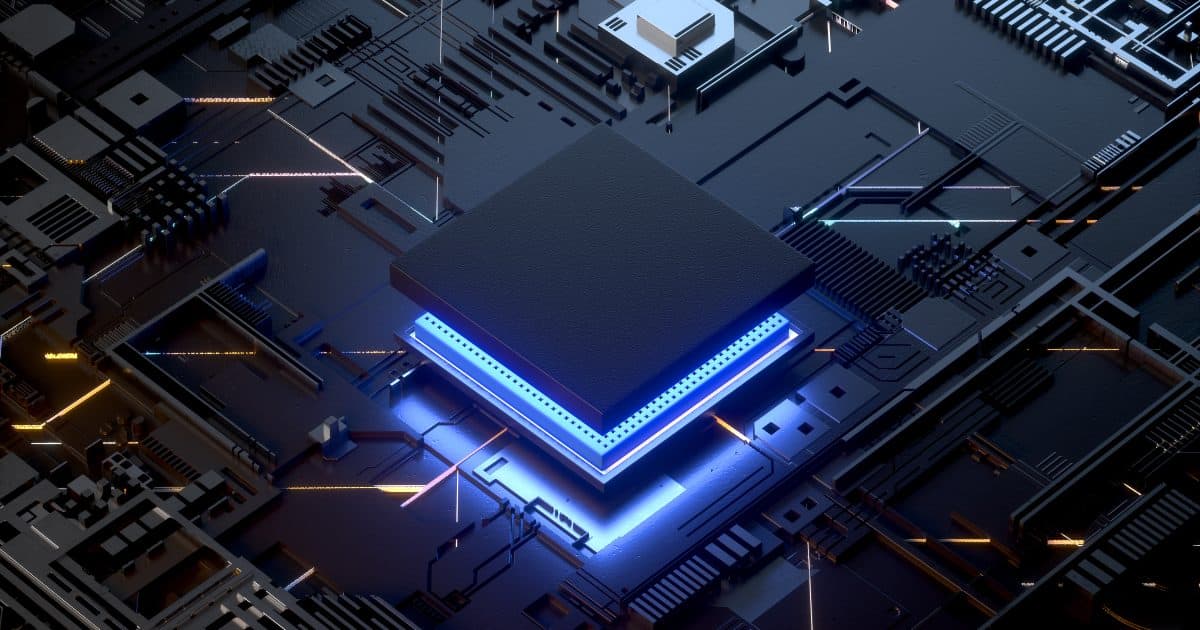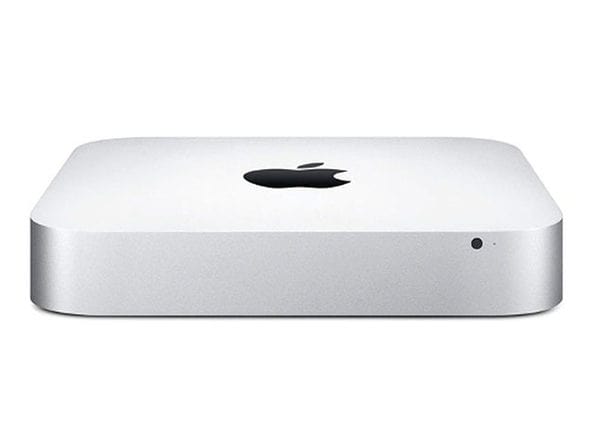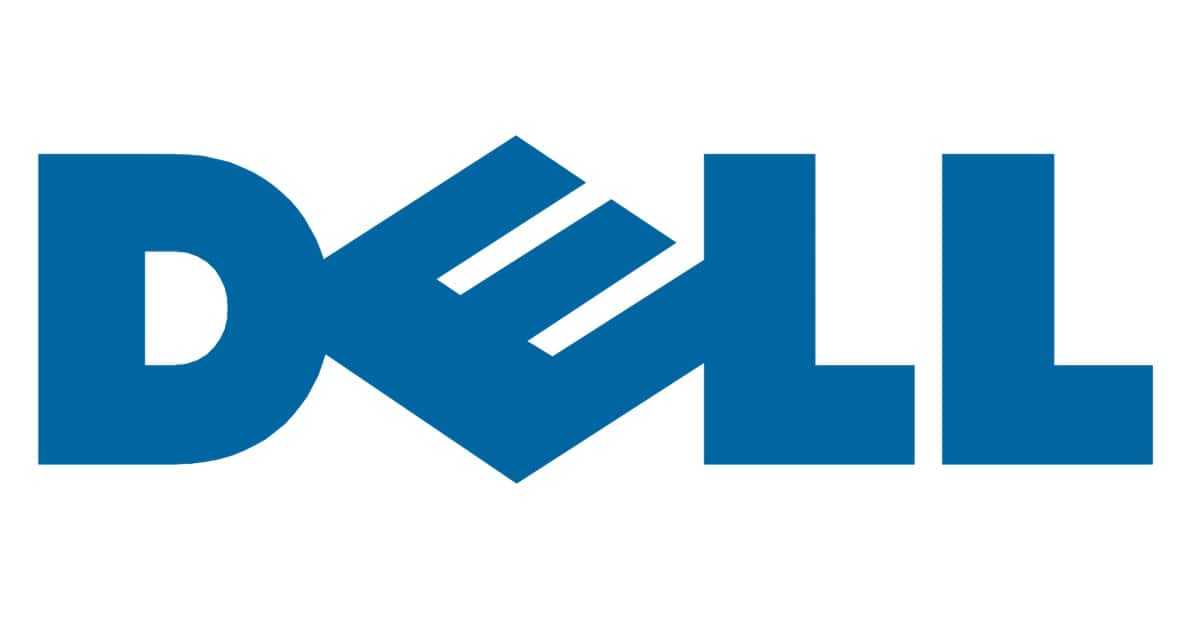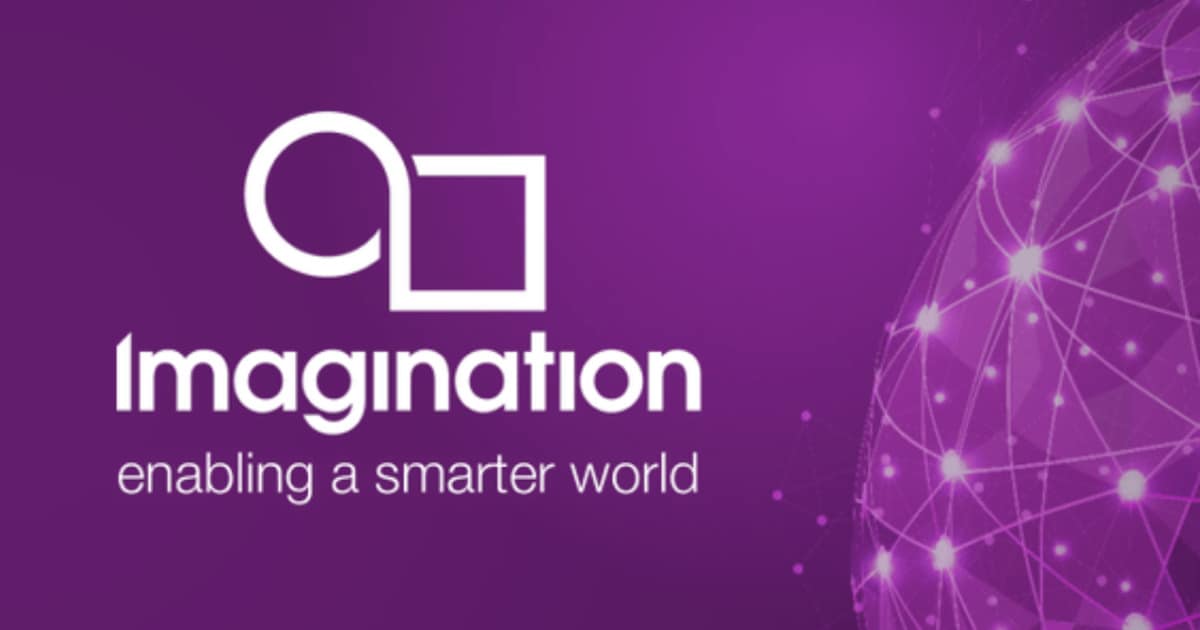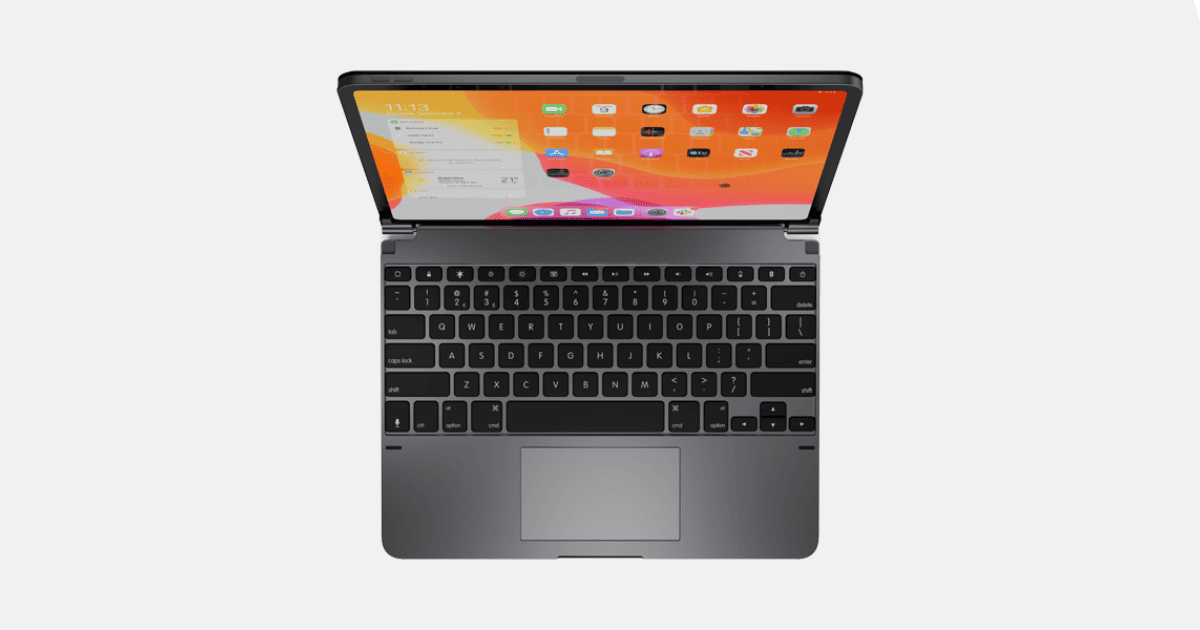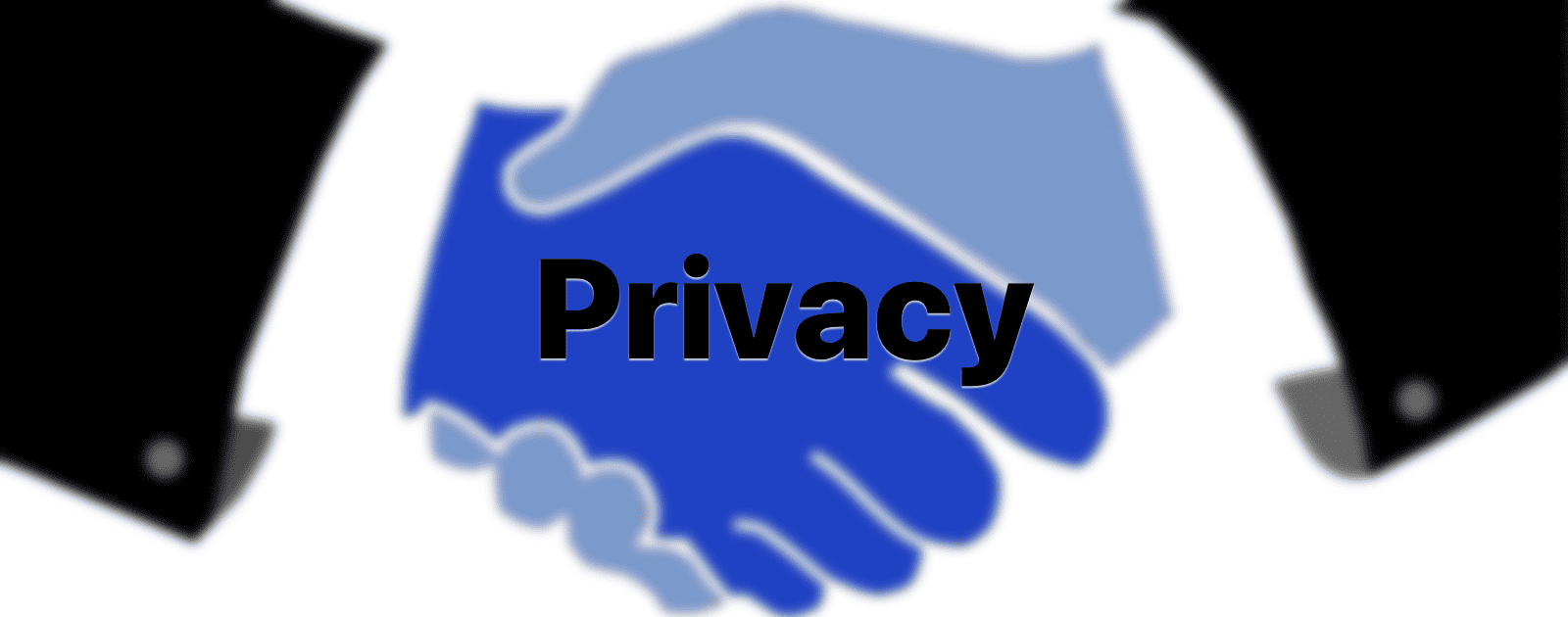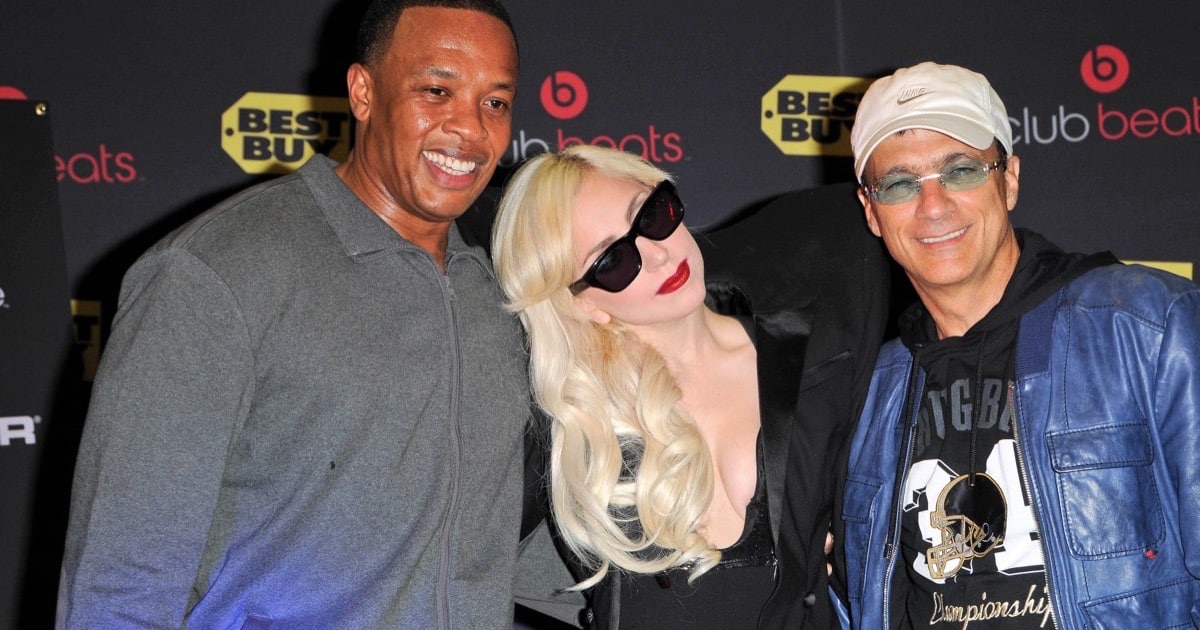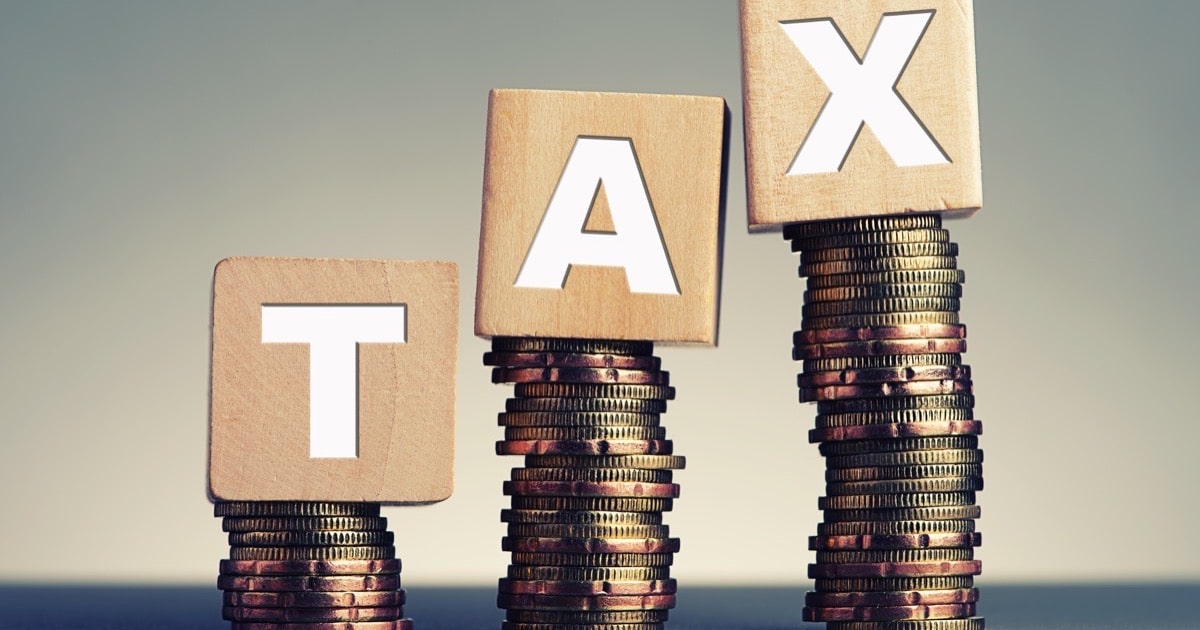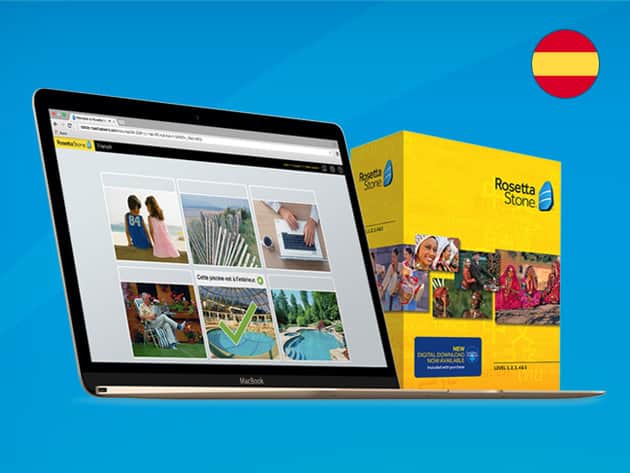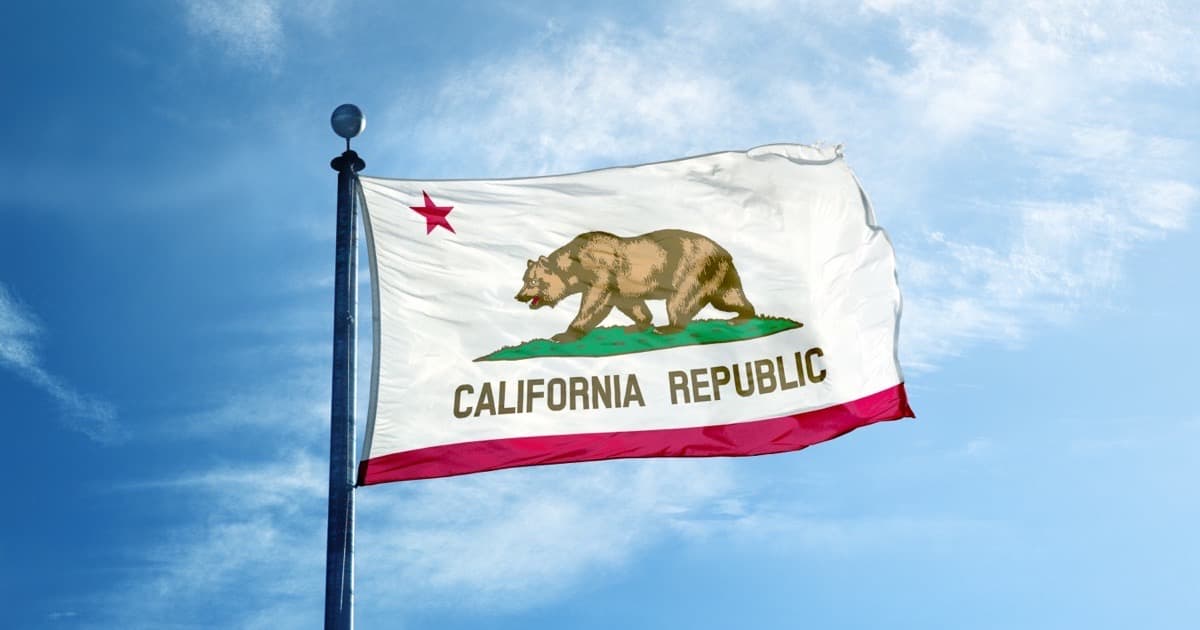Get into the holiday spirit with our iPhone 16 Pro Max giveaway! Don’t miss your chance to win a brand-new iPhone 16 Pro Max.
Tim Cook Makes Charitable Donation of $2 Million Worth of Apple Stock
Tim Cook donated 6,880 Apple shares, worth around $2 million, to an undisclosed charity, according to his most recent SEC filing.
macOS: How to Display All Previously Installed Security Updates
macOS maintains a listing of all software updates. That list contains a list of all previously applied security updates. John shows how to display those entries.
Techno Artist Curtis Wallen Created a ‘Clandestine Communication Network’
Curtis Wallen’s latest project, called Proposition For An On Demand Clandestine Communication Network, tells people how to avoid surveillance and make a secret phone call.
This is not easy, of course. In fact, it’s really, comically hard. “If the CIA can’t even keep from getting betrayed by their cell phones, what chance do we have?” he says. Still, Wallen believes PropCom could theoretically keep users’ activities hidden. It’s hard, he emphasizes, but not impossible.
He basically uses a prepaid burner phone, a Faraday bag, and an encrypted phone number. I hope he bought the phone from a place that doesn’t use cameras or facial recognition, because that could help trace him.
Richard Plepler’s Eden Productions to Make Apple TV+ Content
Richard Plepler left HBO as its CEO to form his own company called Eden Productions. He just signed a five-year deal with Apple.
TSMC Likely to Begin 'A14' 5nm Chip Production in Q2
Chipmaker TSMC has secured a contract to make Apple’s A14 processors, according to reports picked up by MacRumors. The chips will go in this year’s iPhones, with production expected to begin in the second quarter of 2020.
“The sources said Apple’s 5G mmWave handsets to be released in 2020 are reportedly to each carry at least three AiP modules, which can also be packaged with FC_AiP (flip-chip) process in addition to InFo_AiP.” TSMC has been working hard to miniaturize its fabrication process to 5 nanometers – down from 7 nanometer fabrication seen in the A12 and A13 – with the aim of securing orders for Apple’s processors in its iPhones for the fourth year running.
Apple Mac mini Intel Core i5 2.3GHz 8GB RAM 500GB - (Refurbished): $249.99
We have a deal on a refurbished Apple Mac mini Intel Core i5 2.3GHz 8GB RAM 500GB (Refurbished). It’s a great find for those who already own a mouse, keyboard, and display. It’s $249.99 through our deal.
Star Wars Shows on Disney+ May Become Movies
For those enjoying The Mandolorian on Disney+, there may be good news. Disney CEO Bob Iger hinted that it could be expanded into a movie, SlashFilm reported.
When asked by The Star Wars Show (via Inside the Magic) if TV was going to be a major part of the franchise moving forward, Iger replied in the affirmative, echoing comments he’s made before. But hit TV shows like The Mandalorian likely won’t be contained to the small screen for long. “I don’t look at it as just television, I look at it as an extension of Star Wars storytelling. What Disney+ has given us the ability to do is to do just that, is to bring Star Wars to people in new ways, and to bring new Star Wars to people. It’s not the same places or the same characters. Just look at Mandalorian. While, obviously, there’s a lot shared, there’s a lot that’s really fresh, and I love that.
Corellium and Apple Escalate Legal Fight
The legal battle between Apple and mobile device virtualization creator Corellium escalated over the festive period.
The Best Apps to Help You Have a Productive 2020
There are lots of great, affordable, apps that can help you keep to your new year’s resolution to be more productive in 2020.
Purchasing iPad Accessories, Original Streaming Shows – TMO Daily Observations 2020-01-02
Charlotte Henry and John Martellaro join host Kelly Guimont to discuss purchasing iPad accessories, and how streaming original shows stack up.
Do You Have an iPhone and a Dell Laptop? Soon You Can Mirror it
Computer manufacturer Dell will soon release software that will enable iPhone screen mirroring on Dell laptops.
Imagination and Apple Sign Updated Licensing Agreement
Apple signed an upgraded multi-year, multi-use license agreement with UK-based silicon and software IP creator Imagination Technologies.
Brydge Announces iPad Pro Keyboard With Trackpad
Brydge announced the Pro+ keyboard today for the iPad Pro. It’s different than previous products because this one has a trackpad built in.
Media From 1924 and Earlier Enters Public Domain in 2020
Everything that was published in 1924 or earlier is now available in the public domain, meaning that it’s no longer protected by copyright.
Movies, books, music, and more from 1924 are all entering the public domain today, meaning that you’re free to download, upload, and share these titles however you see fit. And it’s completely legal.
California's New Privacy Law Comes into Force Today
A new privacy law aimed to protect consumers comes into force in California today, January 2nd, 2020. Wired rounded up everything you need to know.
The CCPA applies to any company that operates in California and either makes at least $25 million in annual revenue, gathers data on more than 50 thousand users, or makes more than half its money off of user data. For California residents, it creates a handful of new rights over their data. The most significant categories are what Alastair Mactaggart, the California real estate magnate behind the ballot initiative that led to the law being passed, calls “the right to know” and “the right to say no.” That means users will, as of today, be able to see what data companies have gathered about them, have that data deleted, and opt out of those companies selling it to third parties from now on.
Wishing You a Happy New Year in 2020!
With 2019 riding off in the sunset, The Mac Observer is taking off Wednesday off to catch our breath and get ready for 2020. We’ll be back with our regular daily new coverage, analysis, and podcasts on Thursday, January 2nd. We’ll also be on location at CES 2020 to bring you the latest on this year’s tech. Rest up, and get ready for another exciting year!
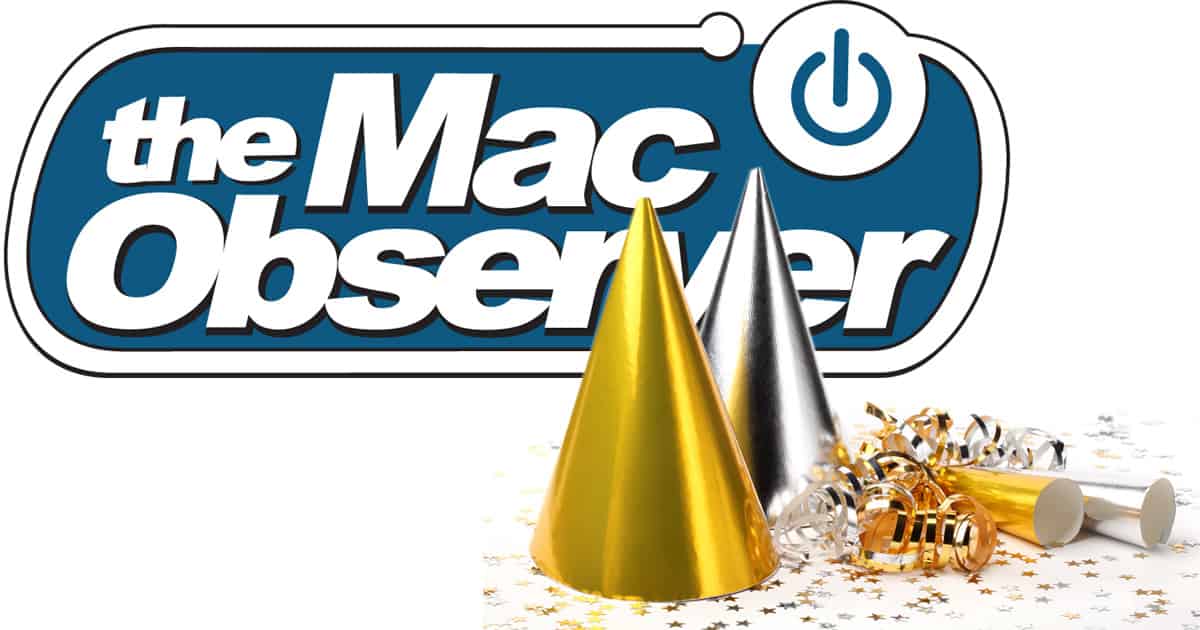
Jimmy Iovine Worries About the Future of the Music Industry
In a new interview Jimmy Iovine talks about the music industry, it’s future, and how it relates to tech companies. And he’s worried.
The IRS Can Now Create its Own Online Free Tax Filing System
On Monday the IRS announced changes to its deal with the tax filing industry. For years the agency was prohibited from creating its own free tax filing system, like other countries do. In exchange for not competing, the tax industry promised to make free versions of its software if you make below a certain amount of income. But companies like Intuit and H&R Block added code to their web pages to make it harder for their free products to appear on Google. But now it all changes.
“The improved process will make Free File stronger and give taxpayers another reason to consider this valuable software option,” IRS Commissioner Chuck Rettig said in a statement. The agency hopes the changes will make the free option more accessible for taxpayers in the 2020 filing season, he said.
2019 In Review – TMO Daily Observations 2019-12-31
Andrew Orr and Bryan Chaffin join host Kelly Guimont to discuss favorite apps, games, and gear of 2019.
Lawmakers Sign TRACED Act Into Law to Fine Robocallers
Lawmakers officially signed the TRACED Act into law, which imposes fines up to US$10,000 per call for robocallers. Here are features:
- Extends FCC’s statute of limitations on robocall offenses and increases potential fines
- Requires an FCC rulemaking helping protect consumers from spam calls and texts (this is already underway)
- Requires annual FCC report on robocall enforcement and allows for it to formally recommend legislation
- Requires adoption on a reasonable timeline of the STIR/SHAKEN framework for preventing call spoofing
Rosetta Stone Lifetime Subscriptions: $151.20
We have a deal today on a lifetime subscription for Rosetta Stone, the language learning platform. The deal is for one language, and you’ll get lifetime access to it. I’m linking to the Spanish language version, but there’s a pulldown menu where you can pick any of the other languages supported. I’ve used Rosetta Stone, and I like they way this platform teaches. Our deal is for $189, but coupon code 20SAVE20 brings the price down to $151.20 at checkout.
How to Add an Apple Gift Card to Wallet in iOS 13
If you got an Apple Store gift card for Christmas you can easily add it to your Wallet, so you can just use your phone to make a purchase.
Uber and Postmates Rush to Block California Freelancer Law
Assembly Bill 5, known as the California Freelancer Law, goes into effect January 1, 2020. The law says that workers must be classified as employees instead of contractors, under certain conditions. Companies like Uber and Postmates are rushing to block the law.
As employees, drivers would be protected by minimum wage and overtime rules and would be eligible for workers’ compensation and unemployment insurance. The companies would have to pay half of their payroll taxes for Medicare and Social Security.
Postmates said it was seeking to delay the law from taking effect to gain time to figure out a compromise so that its workers would not be classified as full-time employees.
Drivers aren’t the only people affected. Freelance journalists in California are being laid off because the law says they can only maintain their status as independent contractors if they submit no more than 35 pieces per year.
iPhone Emergency SOS Feature Helped Stop an Attempted Sexual Assault
A woman managed to receive police help when a man tried to sexually assault her after using her iPhone’s Emergency SOS feature. She triggered the feature during the attack at Virginia Beach, Va, AppleInsider reported, and the attacker fled as officers arrived.
“I get my phone back and I turn around and I try to run away and he just comes up from behind me, tackles me, grabs my face, is covering my mouth,” the woman said. “I’m trying to scream for help, [he] tackles me to the ground — is like shoving my face to the ground — and now, because I’ve been screaming, he’s holding my mouth even tighter trying to muffle any noise I’m making.” Luckily, Emergency SOS was enabled on the woman’s iPhone, allowing her to automatically dial 911 without unlocking the device. In this case, a long press of both the power button and volume down button triggered the feature. Emergency SOS can also be invoked by pressing on the power button five times in rapid succession. Police were directed to her location by a dispatcher who heard her pleas for help.

